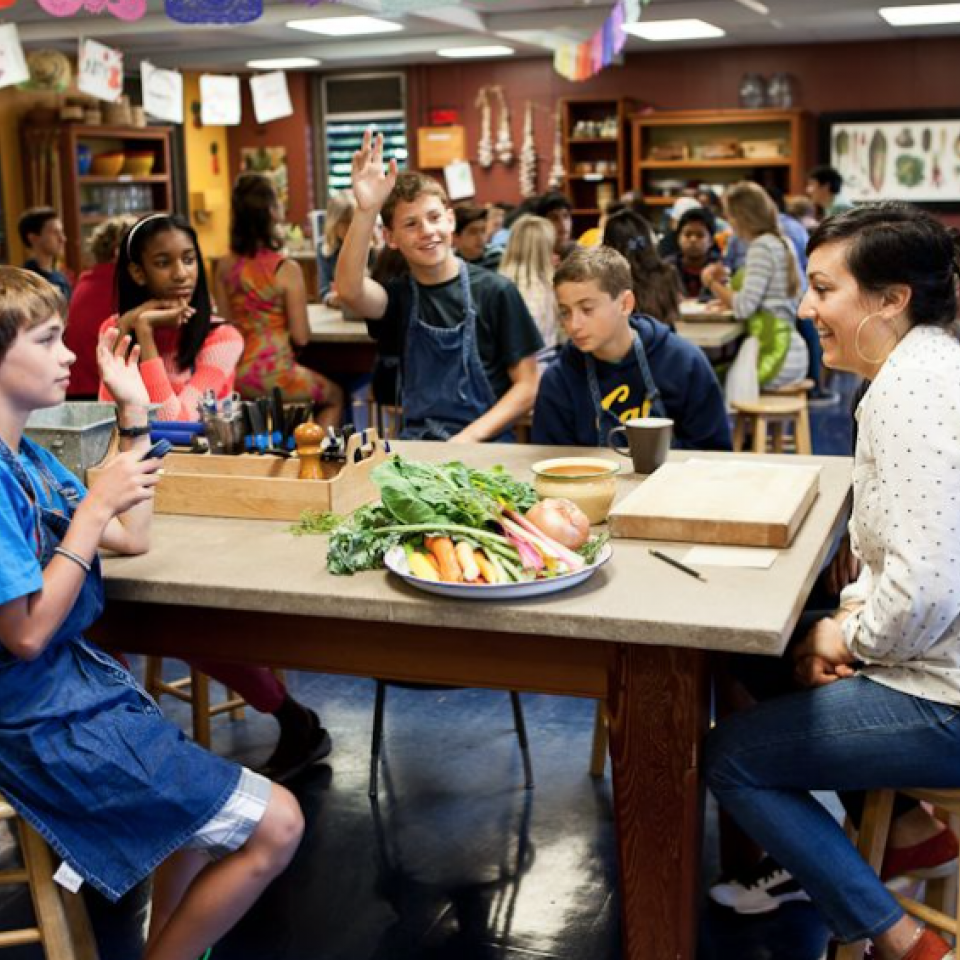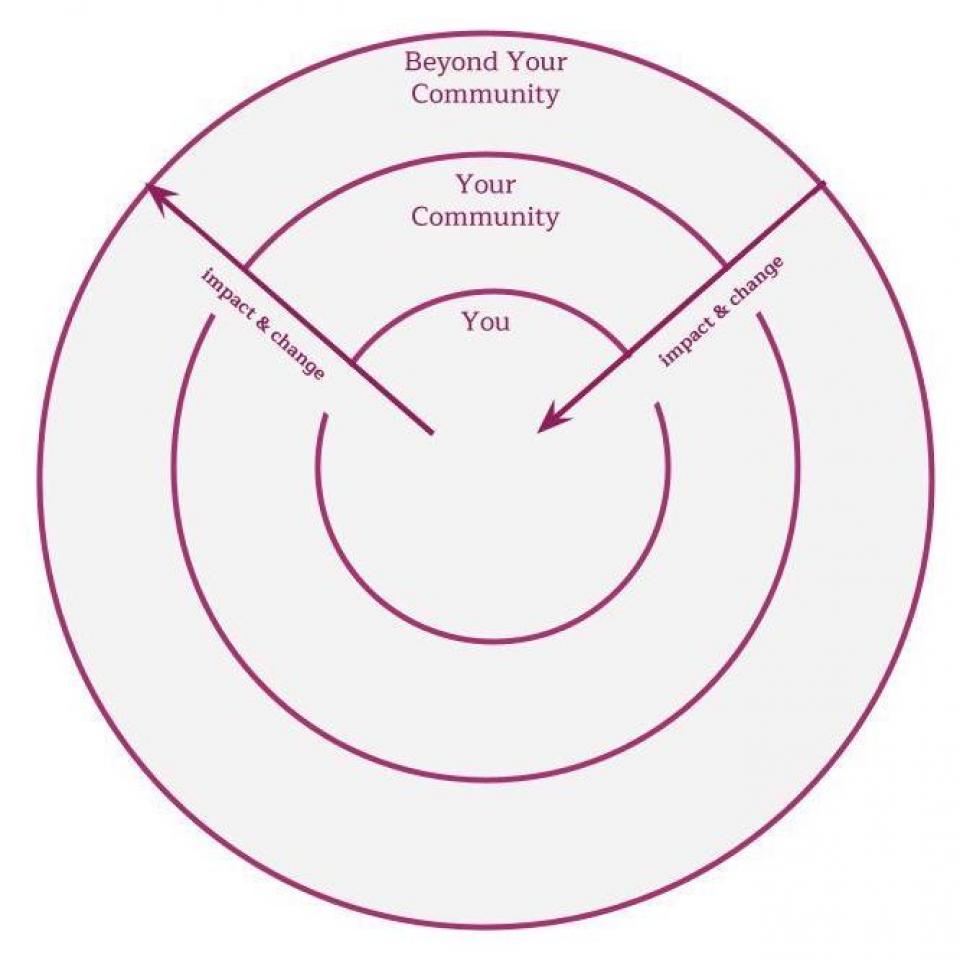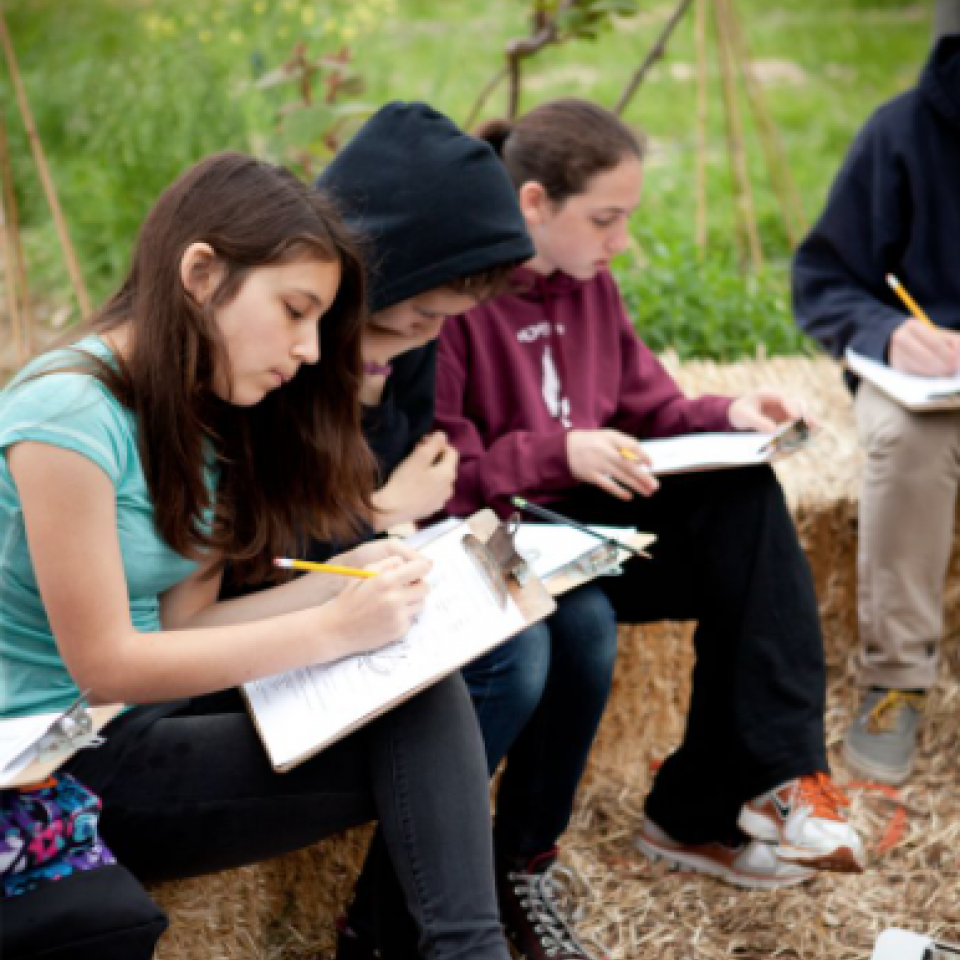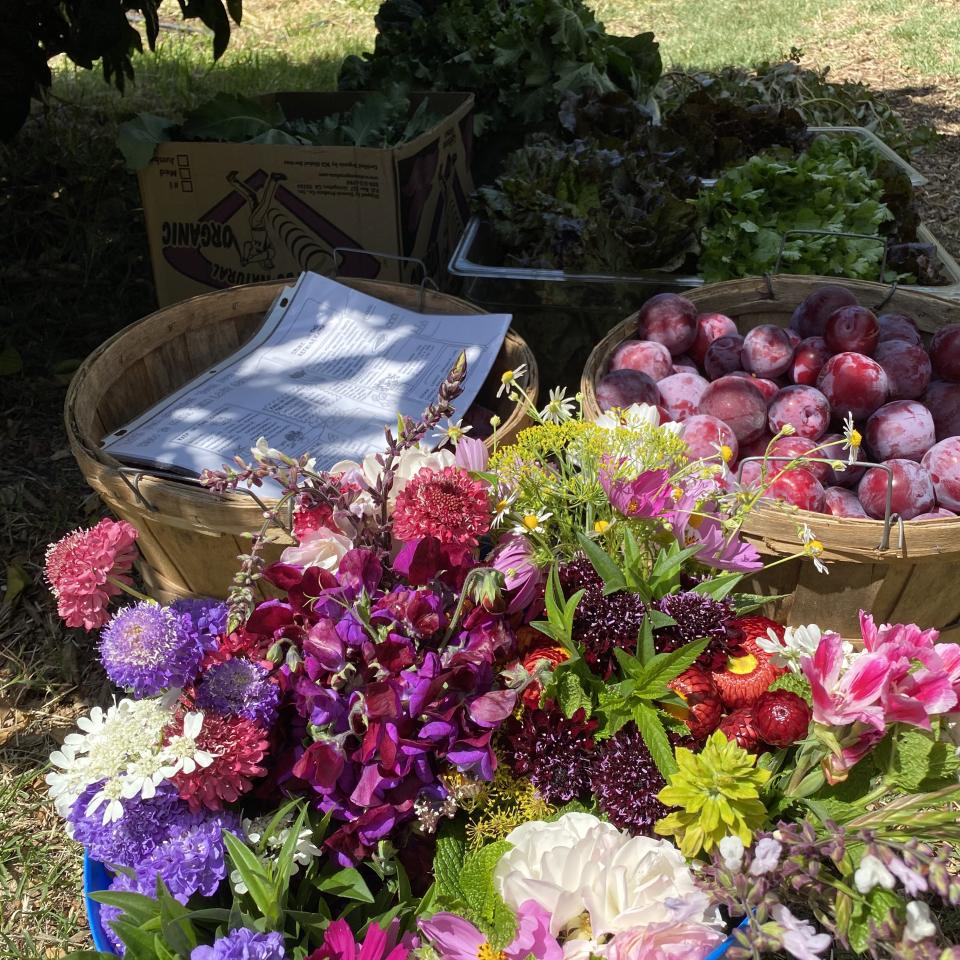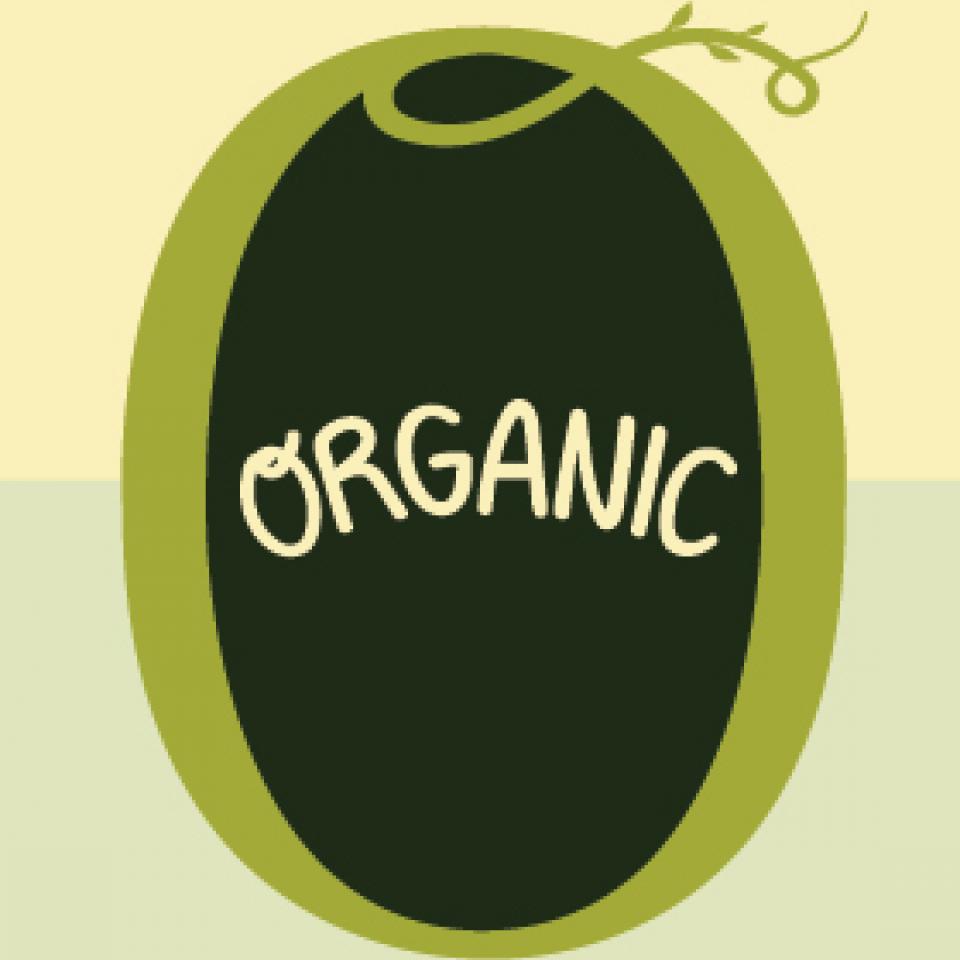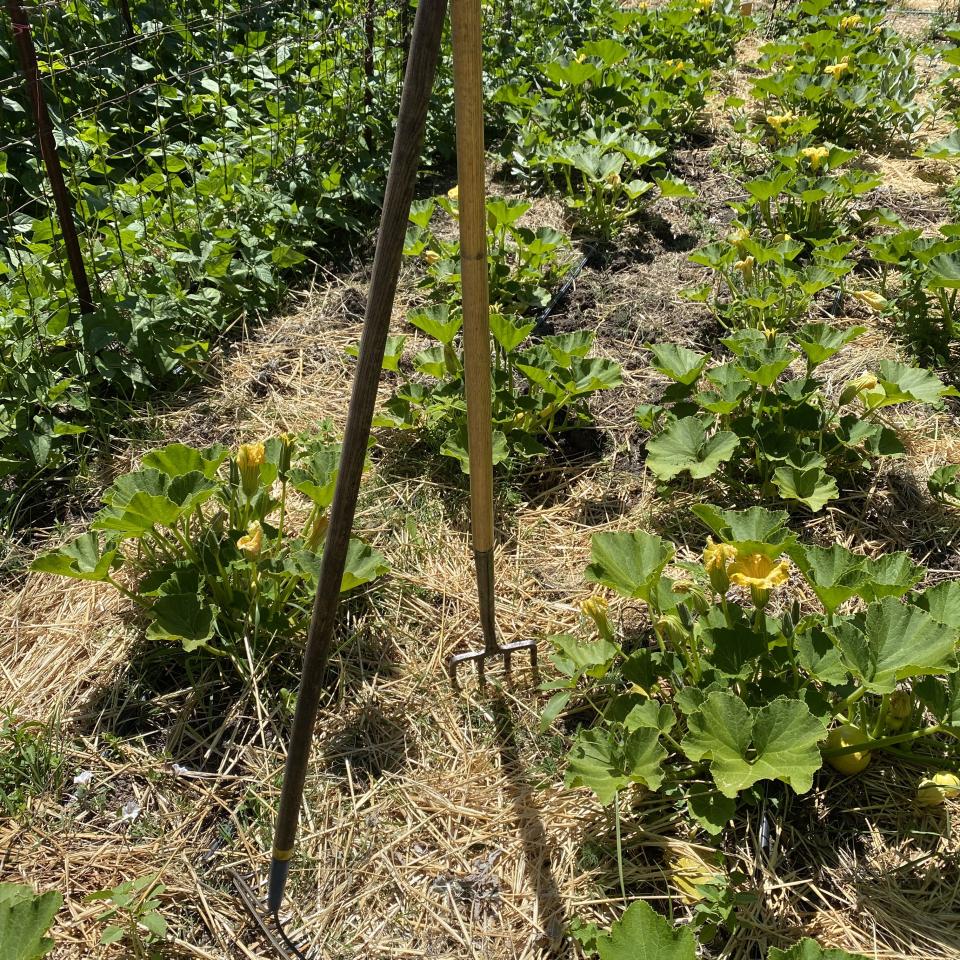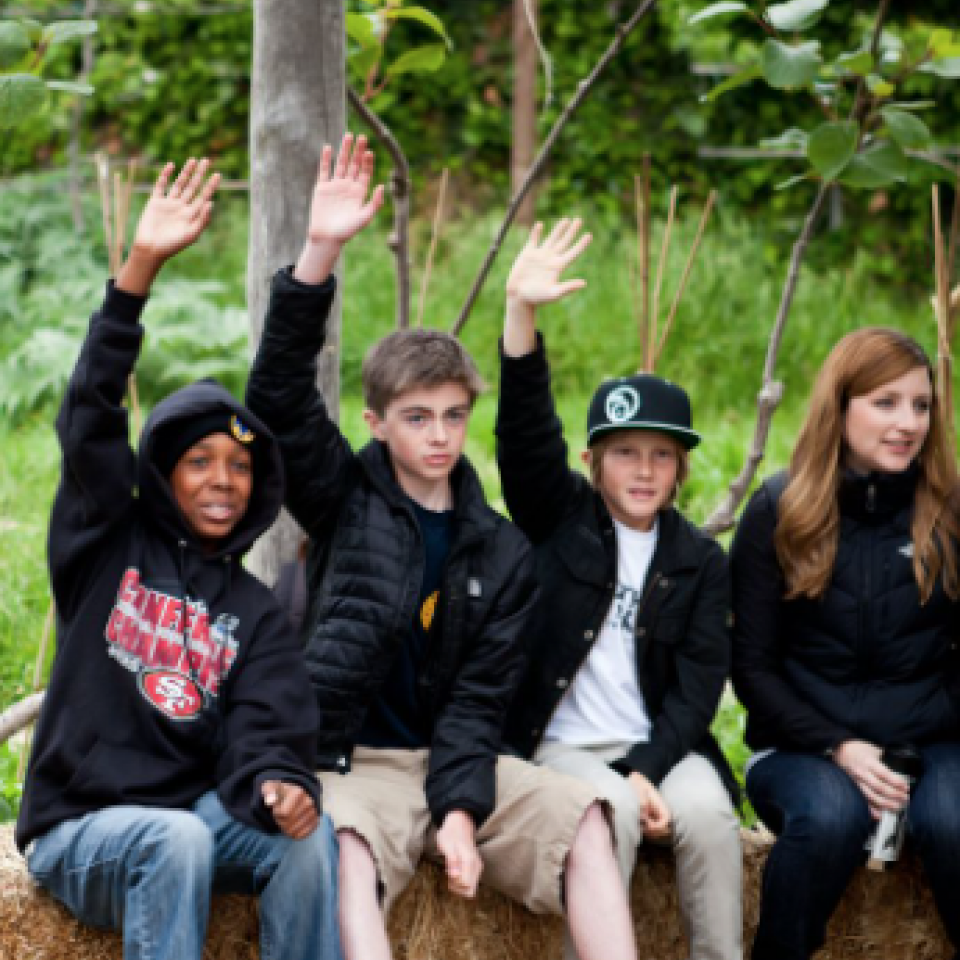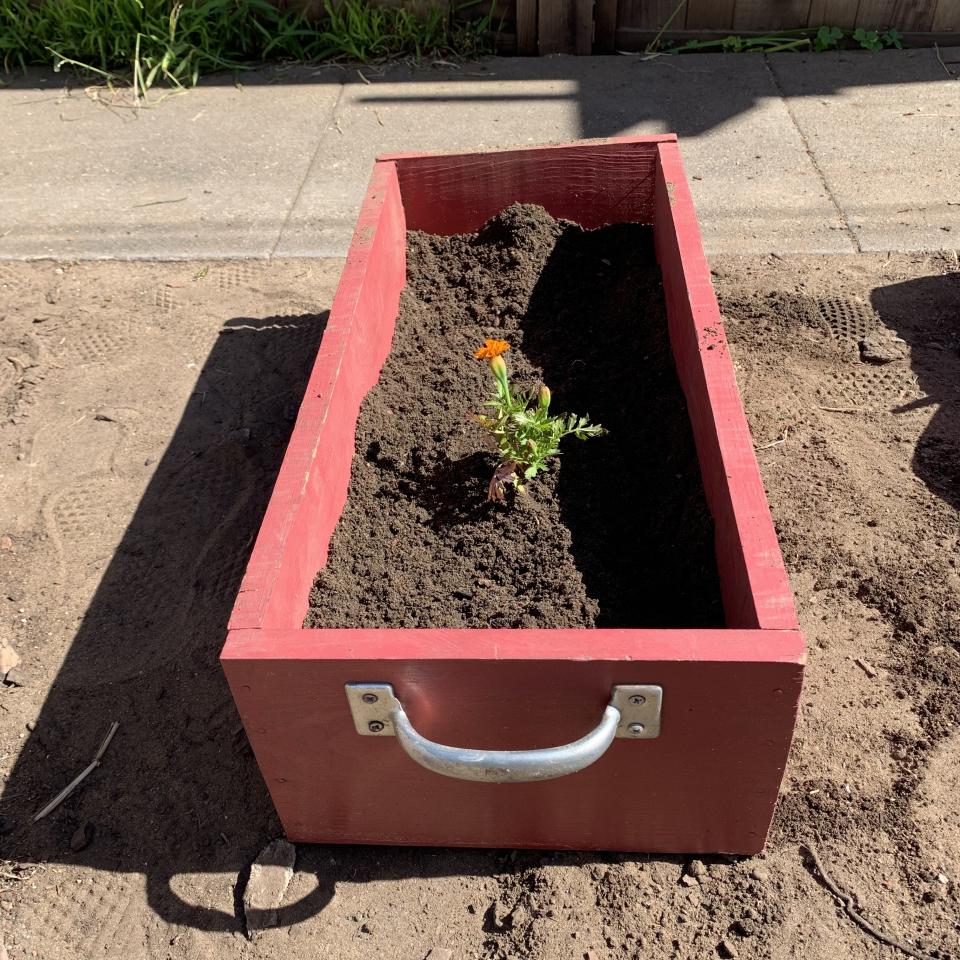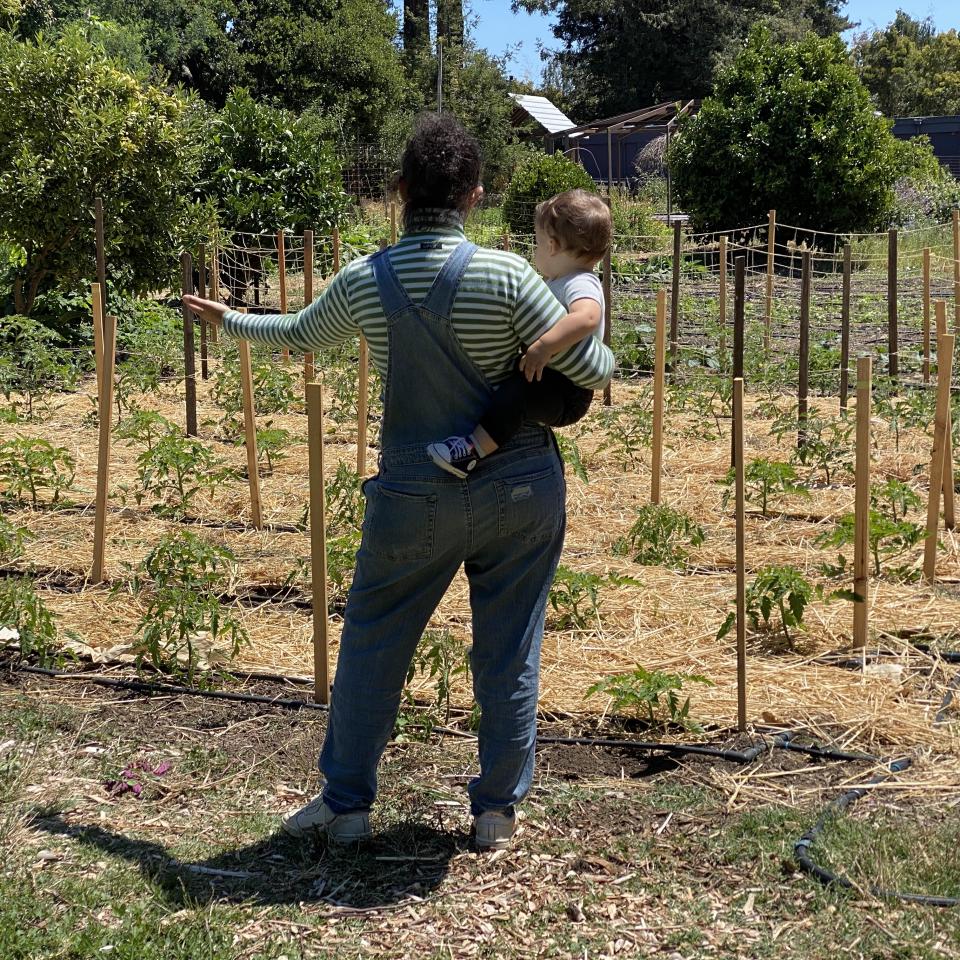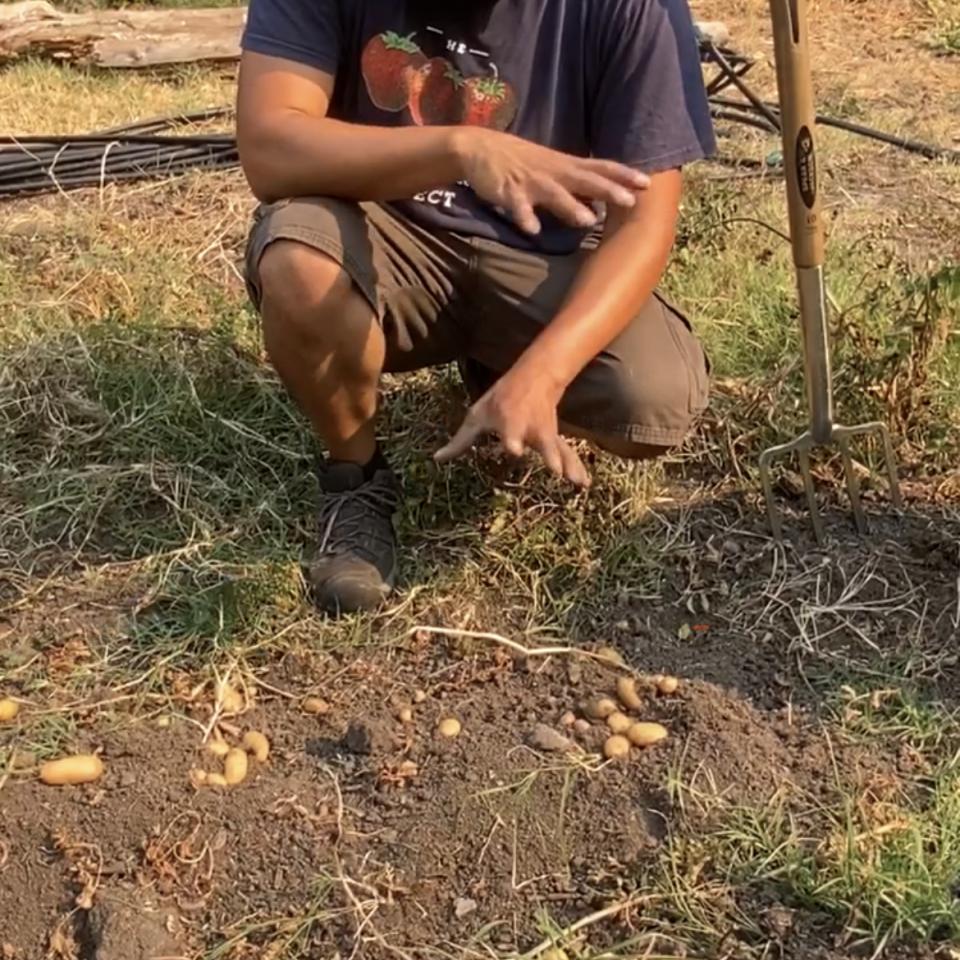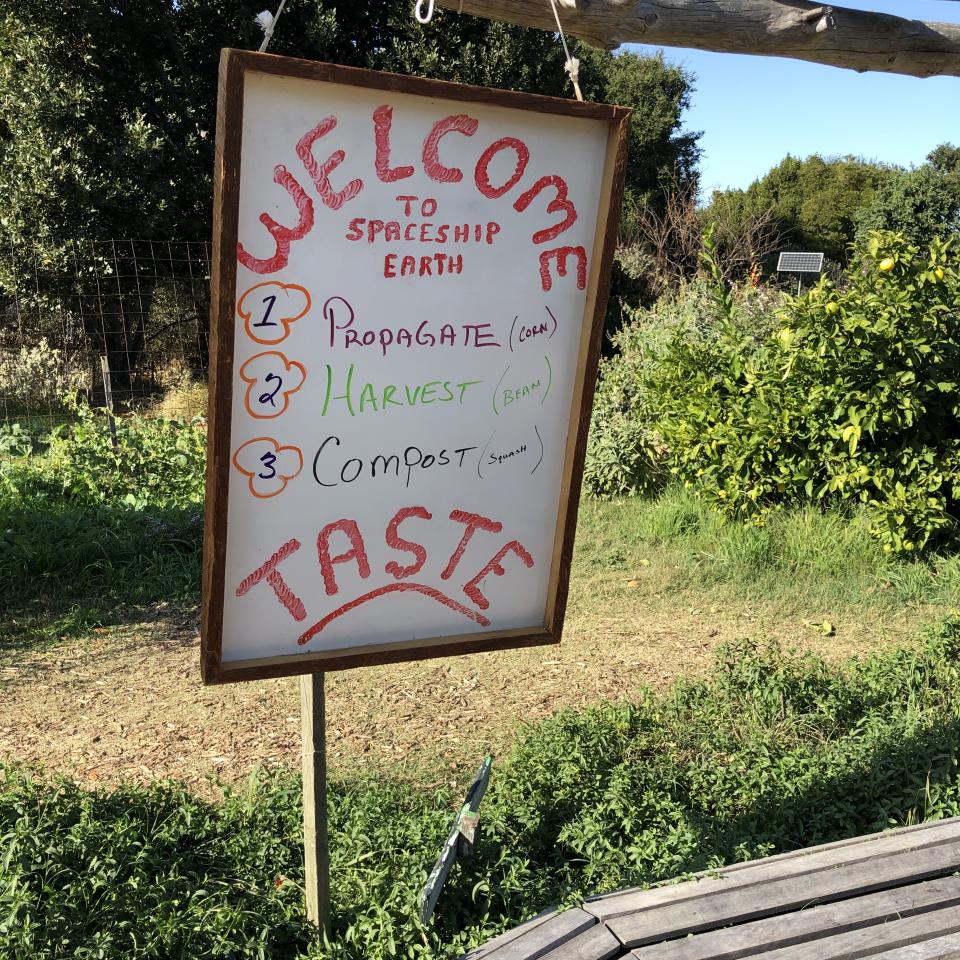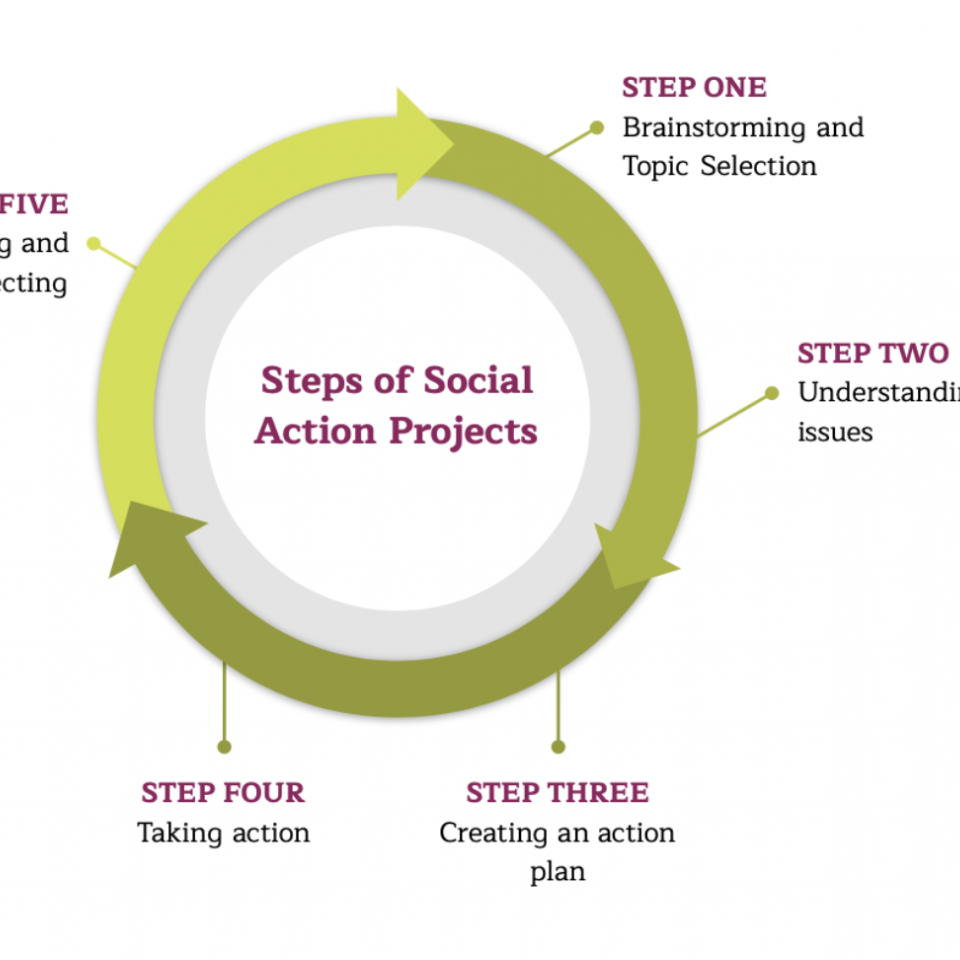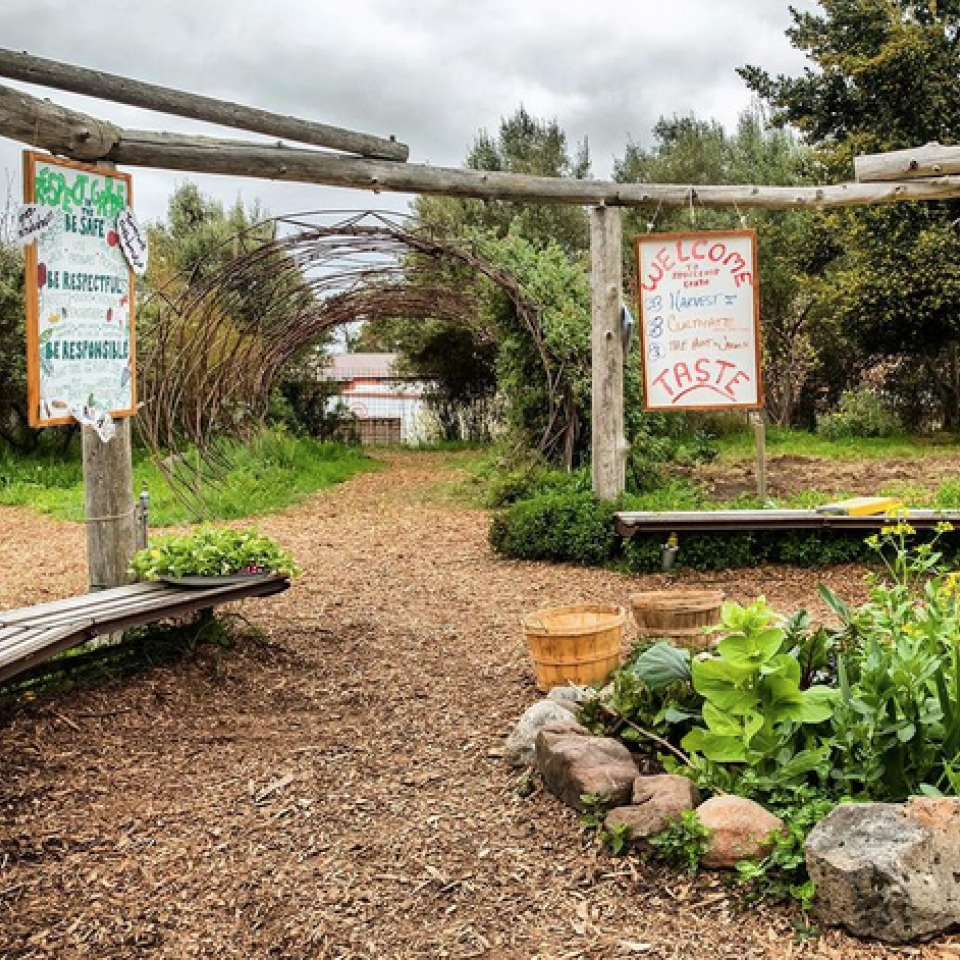
Search
6114 Results
The Cooking with Curiosity curriculum is written for both distance and in person learning.
In this lesson, students explore their pre-existing associations with the word organic. This lesson extends on the conversations from the lesson, What is Organic?. Students will map and discuss their thoughts, as well as the various influences that make up their understanding of organic.
This lesson will introduce students to a worksheet that prompts them to reflect on what they have been learning, exploring, and discussing around the topic of Organic. The worksheet asks students to consider how their learning impacts their own lives, their communities, and society at large.
There are many different ideas and opinions about organic food and farming—getting comfortable understanding and analyzing the ideas of others allows students to form their own informed views.
In this lesson students will explore the guiding principles that inform and define organic agriculture. Students will identify and discuss the four principles of organic before delving into the ecology of a garden.
In this lesson, students are introduced to the components of their final inquiry project. The final project consists of a packet of activities in which students reflect on their feelings and hopes around organic and prepare to take action towards a topic that they feel passionate about.
One example of Indigenous agriculture is intercropping, where two or more crops are planted together in order to help each other grow. In this lesson, students will engage with a text about the “Three Sisters” method of intercropping beans, corn, and squash.
In this lesson, students will learn about regenerative agriculture and how it is similar to, and different from, organic agriculture. Students will explore what “regenerative” means, learn what practices are considered regenerative, and discuss the differences between regenerative and organic.
This lesson is designed for you, the teacher, to explore a variety of mindsets that can support you in building an open, supportive, inclusive, and rigorous classroom community. In this lesson, we ask you to review suggested mindsets and reflect on what comes up for you.
Building a planter box is a simple way to start gardening. This lesson will help students build their own planter box using a few simple items they can get at any hardware or garden store, or by upcycling things they have already.
Organic is a multifaceted and complex subject! It can be helpful to examine the topic from a few lenses to pull out some of this complexity. One important lens is a student's own experience.
In this lesson, students reflect on their personal relationship and their family’s relationships with farming. Students will interview a family member and conduct research into their family's history with growing food. Finally, they will use their answers to develop a creative project.
One way to understand farming and food systems is by looking close to home, in our local communities. In this lesson, students will investigate how individuals near them grow food and care for the land.
Seeking out the best tasting produce can be a source of inspiration and connection for consumers, growers, and chefs. In many cases, the search for delicious flavors is a main motivator behind peoples’ decisions to buy, grow, or cook with organic and sustainably produced food.
The final inquiry project of the Understanding Organic curriculum encourages students to begin identifying ways they might want to impact change around issues of organic.
This document contains a list of articles that explore additional issues and topics related to organic that are not explored elsewhere in this curriculum.
This infographic was developed for the curriculum and incorporates statistics and basic information on Organic. The infographic also details quotes from discussions with individuals in the field of organic farming.
In this collection of lessons, students will engage in hands-on activities that explore the practices of organic farming. Students will complete a rotation of four activities: soil investigation, cultivation, planting cover crops, and creating a compost pile.
